Summer has wound down in Barcelona and so has Lewis Delhomme aka Lewis OfMan’s year-long stay in the Catalan capital. Lewis, a French singer, musician, songwriter, and producer, came to the city to spend time recording his debut album, which is due out in early 2020. At only 23 years of age, he’s impressively accomplished. Forthcoming album aside, he’s already toured China (after having toured North America twice, supporting Irish rapper Rejjie Snow in 2018 and French singer Yelle in 2017). He’s produced Premiers Émois, the debut album of French singer Vendredi Sur Mer. He’s released notable remixes, created for Paris fashion shows, and collaborated with artists such as The Pirouettes. His second EP, Yo Bene, was released in 2017, and since then he’s released well-known singles such as ‘Plein de Bisous’, featuring his girlfriend, Milena Leblanc.
His stay in Barcelona came about almost by accident, with an invitation to participate in a one-week residency at a local hotel changing his preconception of Barcelona as just a fun place to spend the summer. After a glimpse into its intricacies and the day-to-day life of some of its more permanent inhabitants, Lewis decided that this was the place to record his new album. To do so, he installed himself in a 40m2 rooftop apartment in the city’s Gothic quarter. There, nestled among Barcelona’s iconic skyline, he’s spent the past year in near isolation, for the first time being able to concentrate 100 percent on his music.
Lewis’s inspiration comes from many places. In the past he’s written songs based on photographs of interiors he’s found on Pinterest, Italian film soundtracks from the ‘70s, and the iconic library music catalogue, KPM 1000. When asked how he’d describe his own music if he had to, he said ‘melodic groove’, or ‘dreaming while dancing’. His musical style up until now could be (and has been) pigeon-holed as a type of lo-fi French pop. But after talking to Lewis about life as a burgeoning musician over ice cream, figs, and beer, it’s clear that this isn’t the way he wants to be seen. We discuss the lessons he’s learnt on his first three tours—mainly that things never turn out how you expect them to, which is OK, and that it can be really great to know you can rely on your dad.
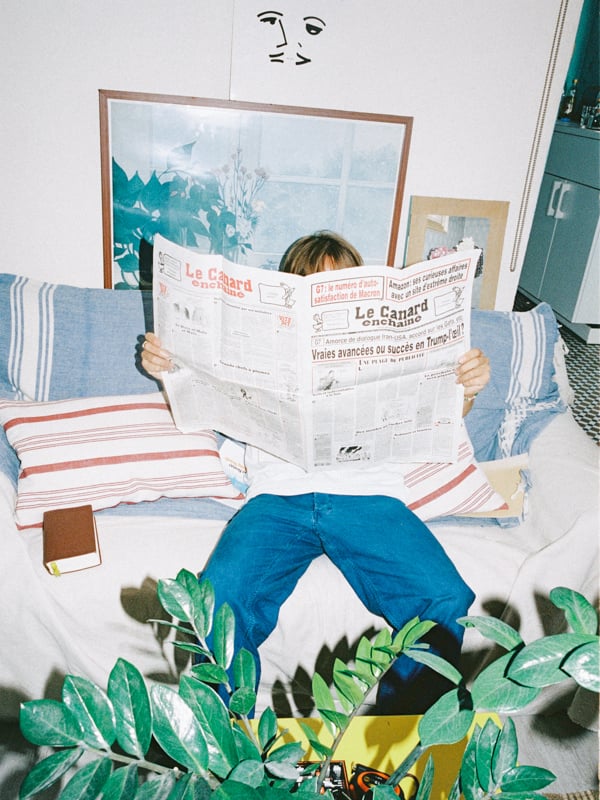
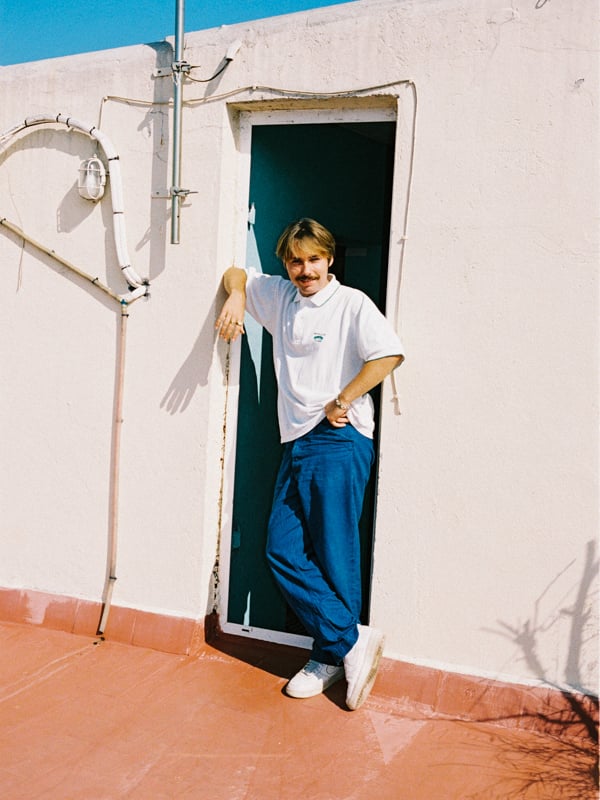
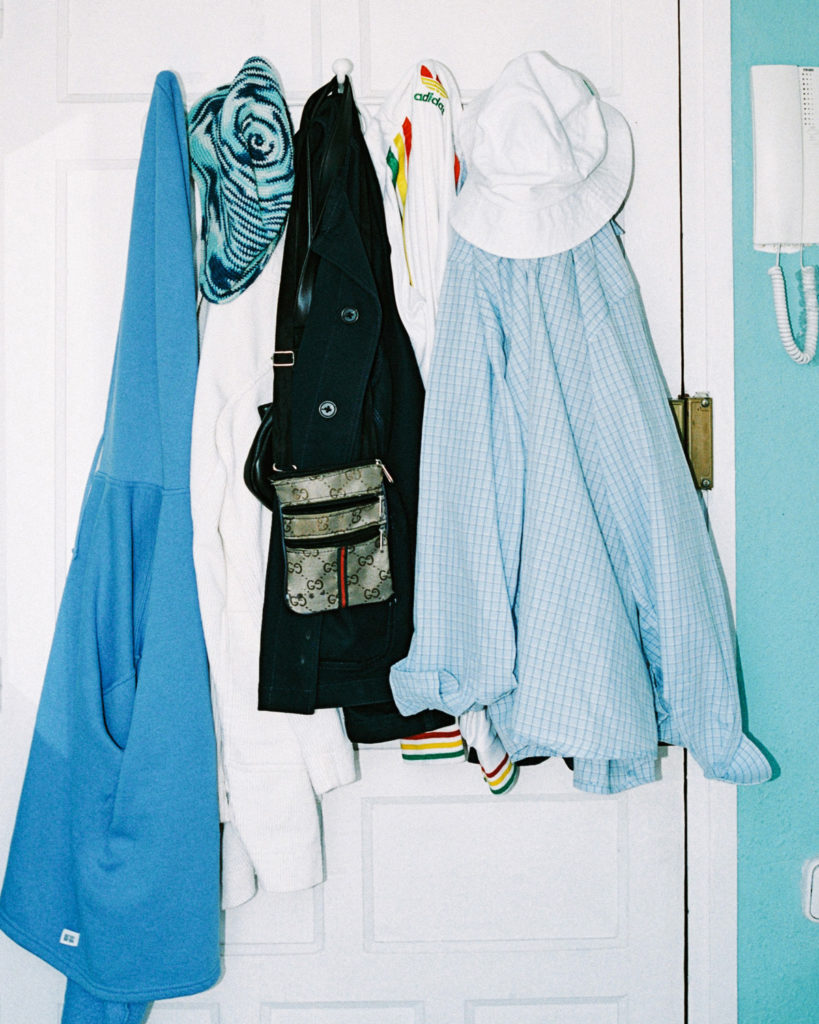
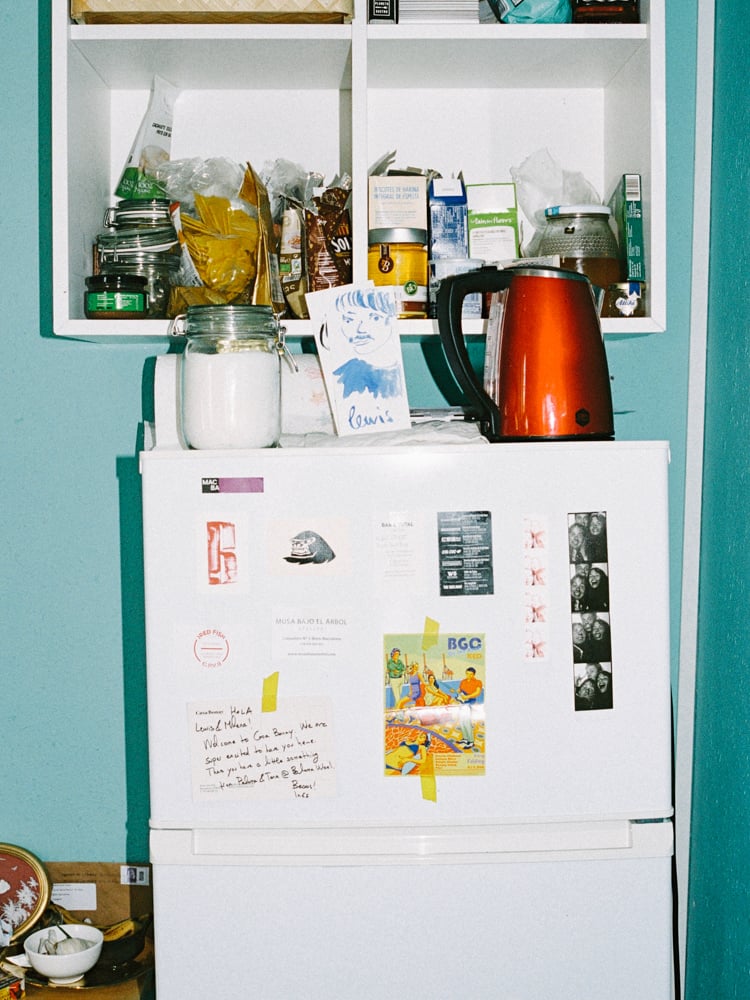
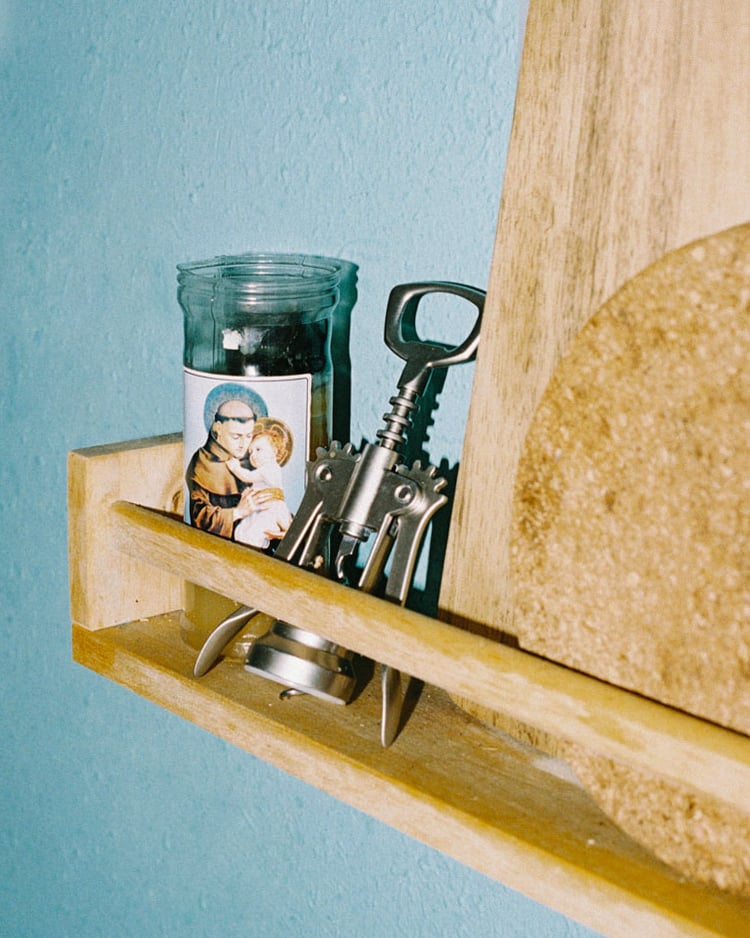
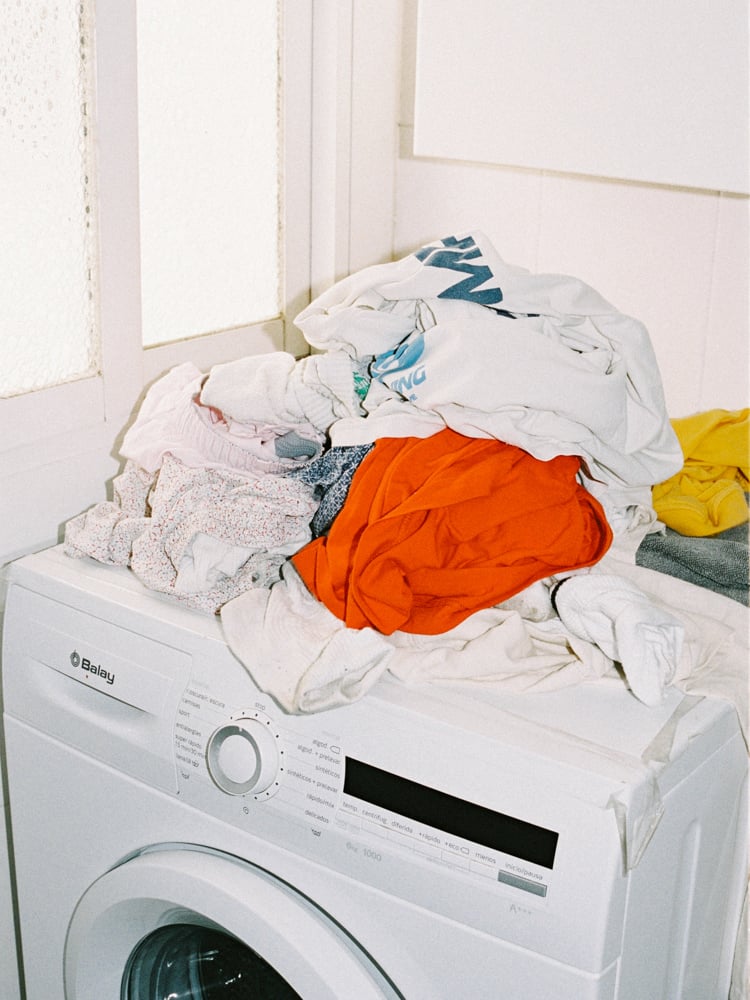
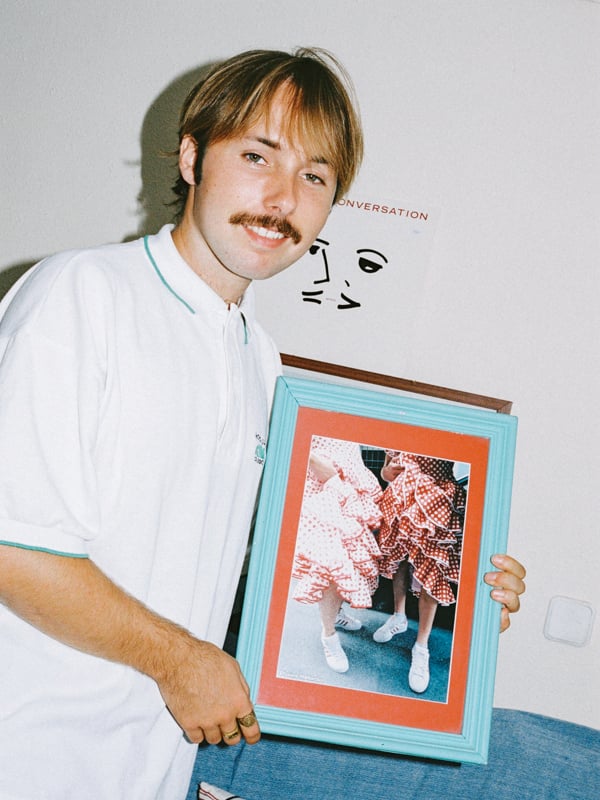
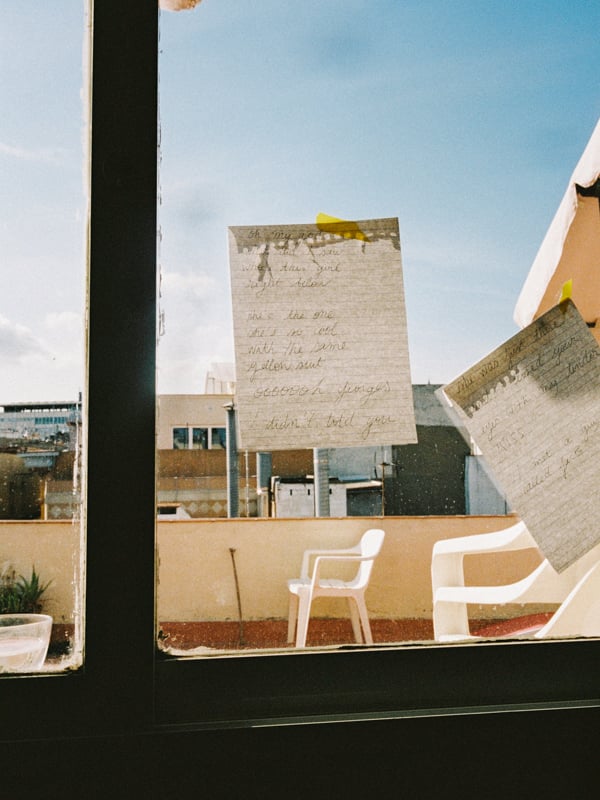
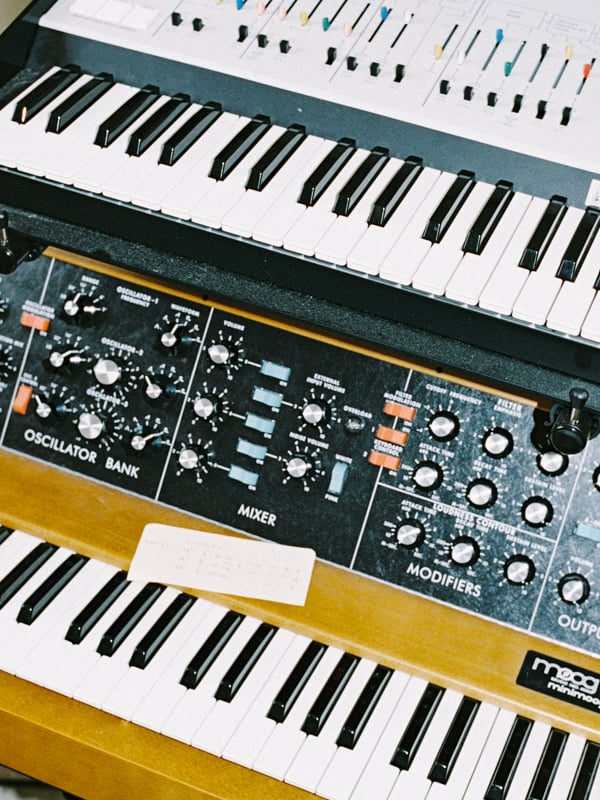
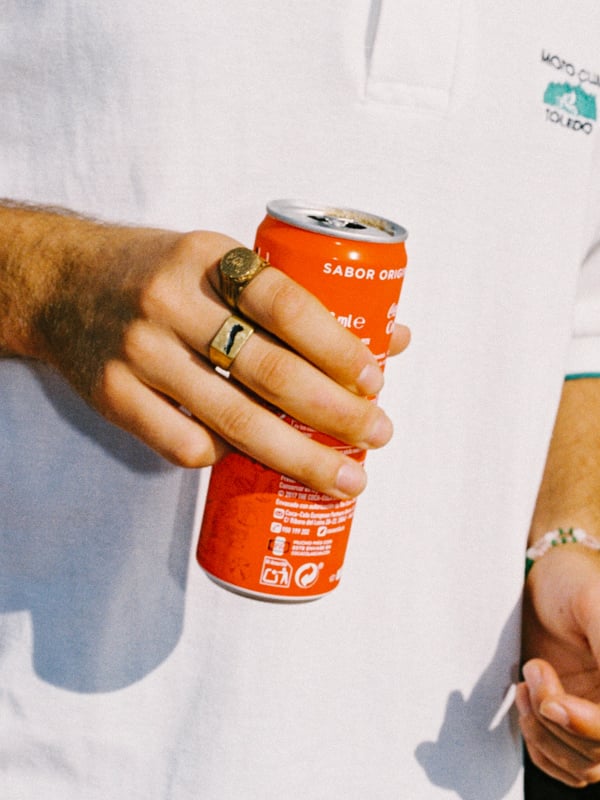
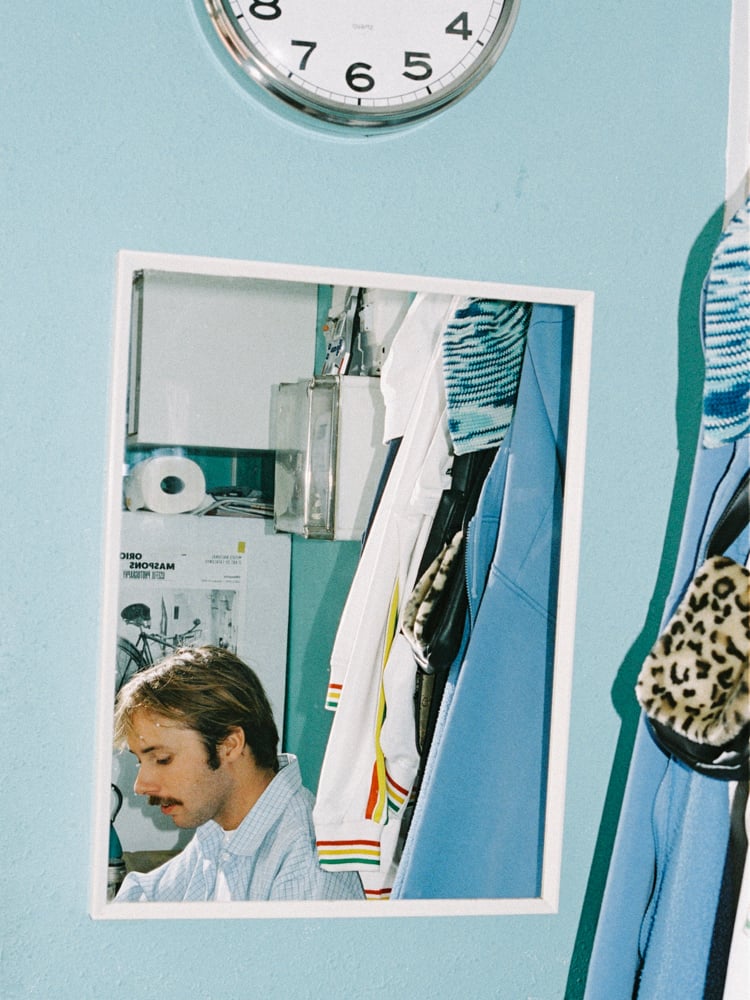
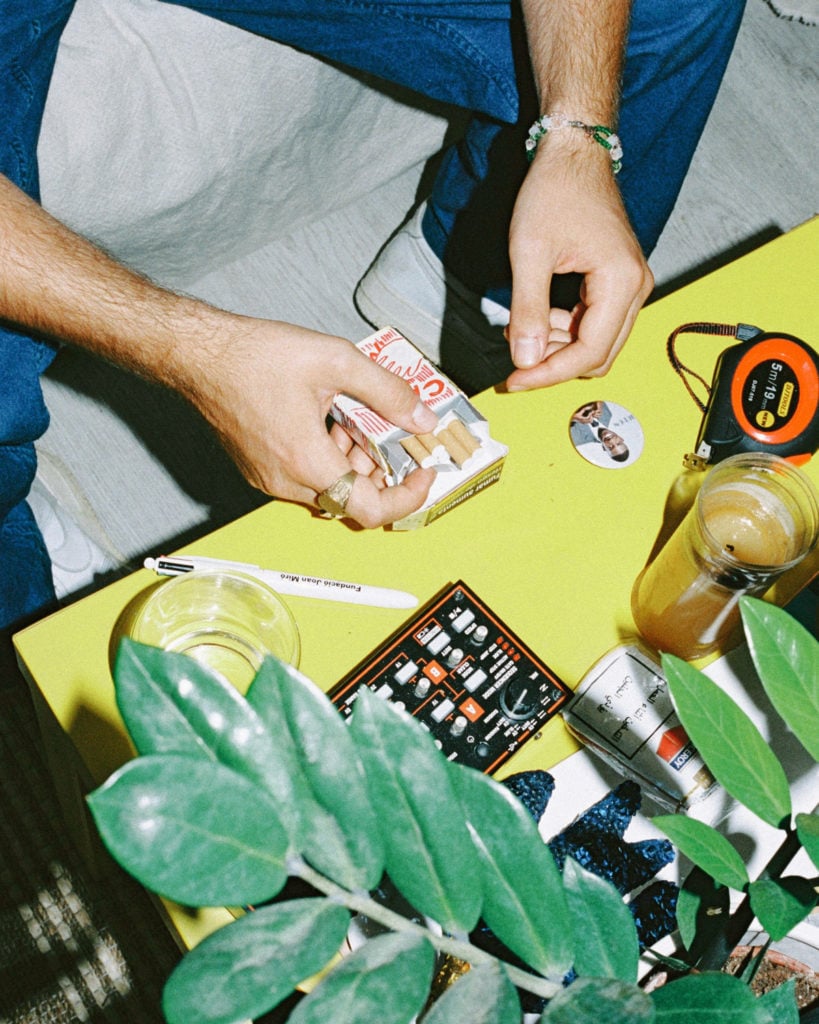
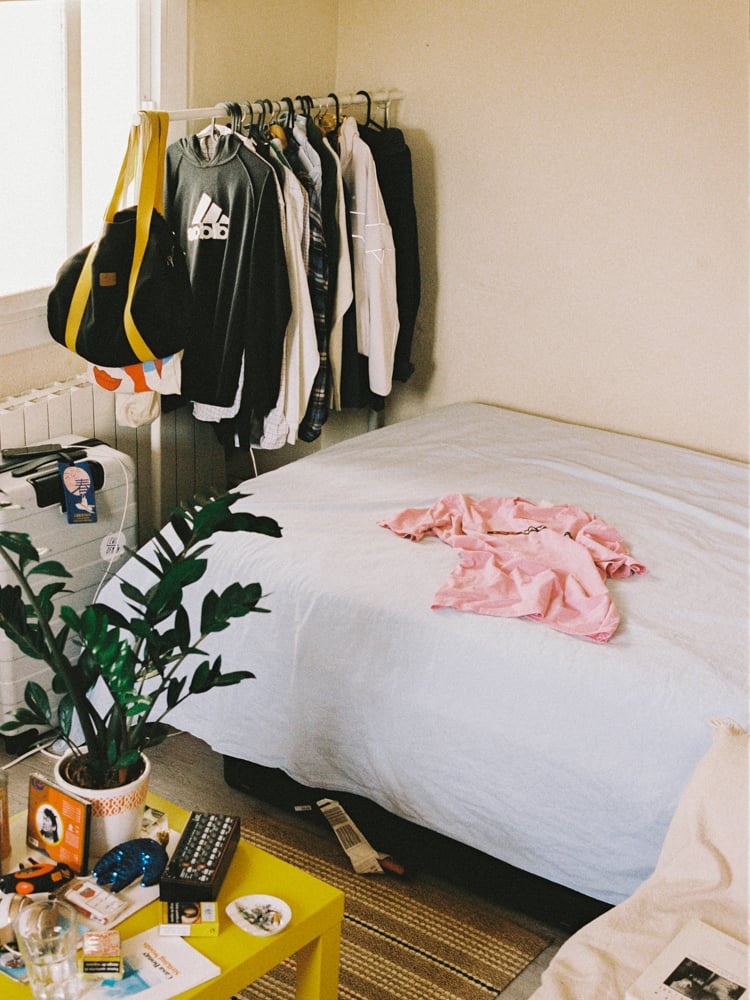
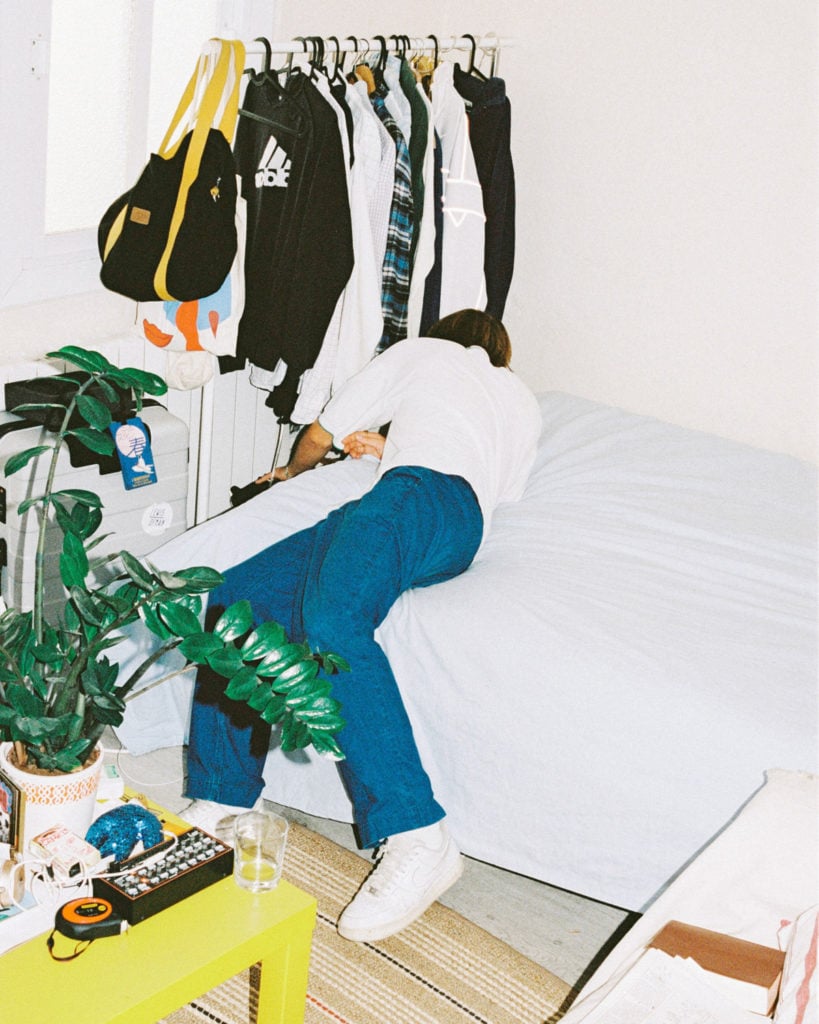
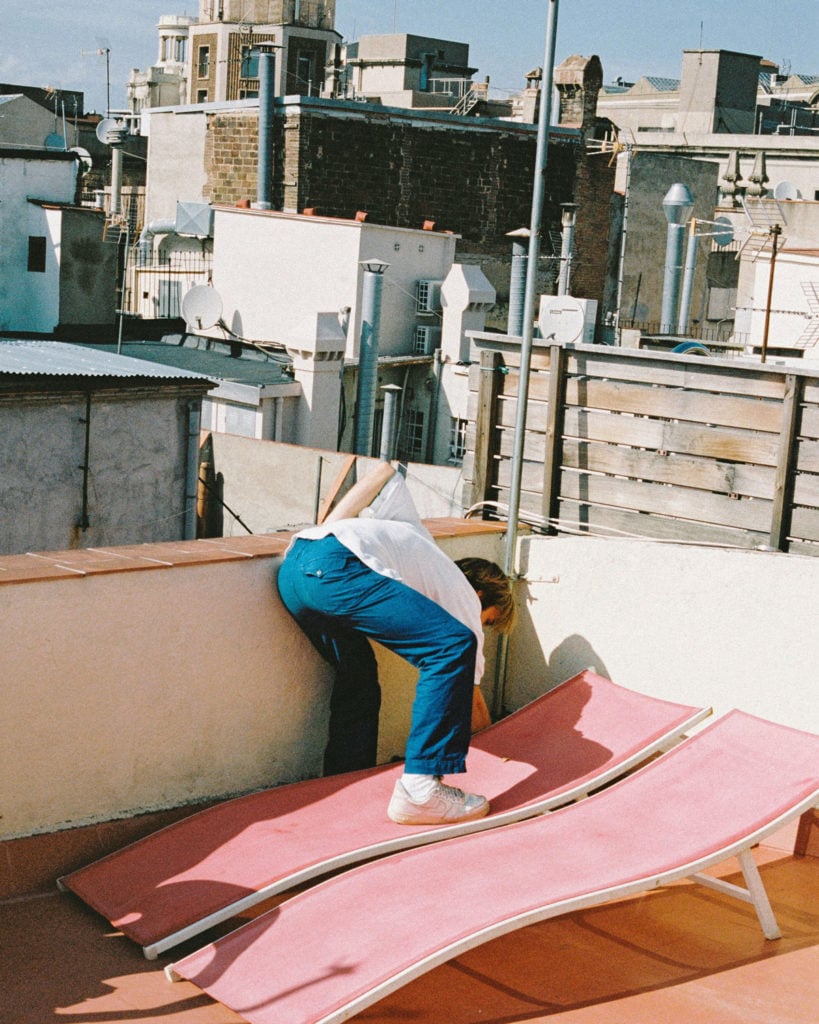
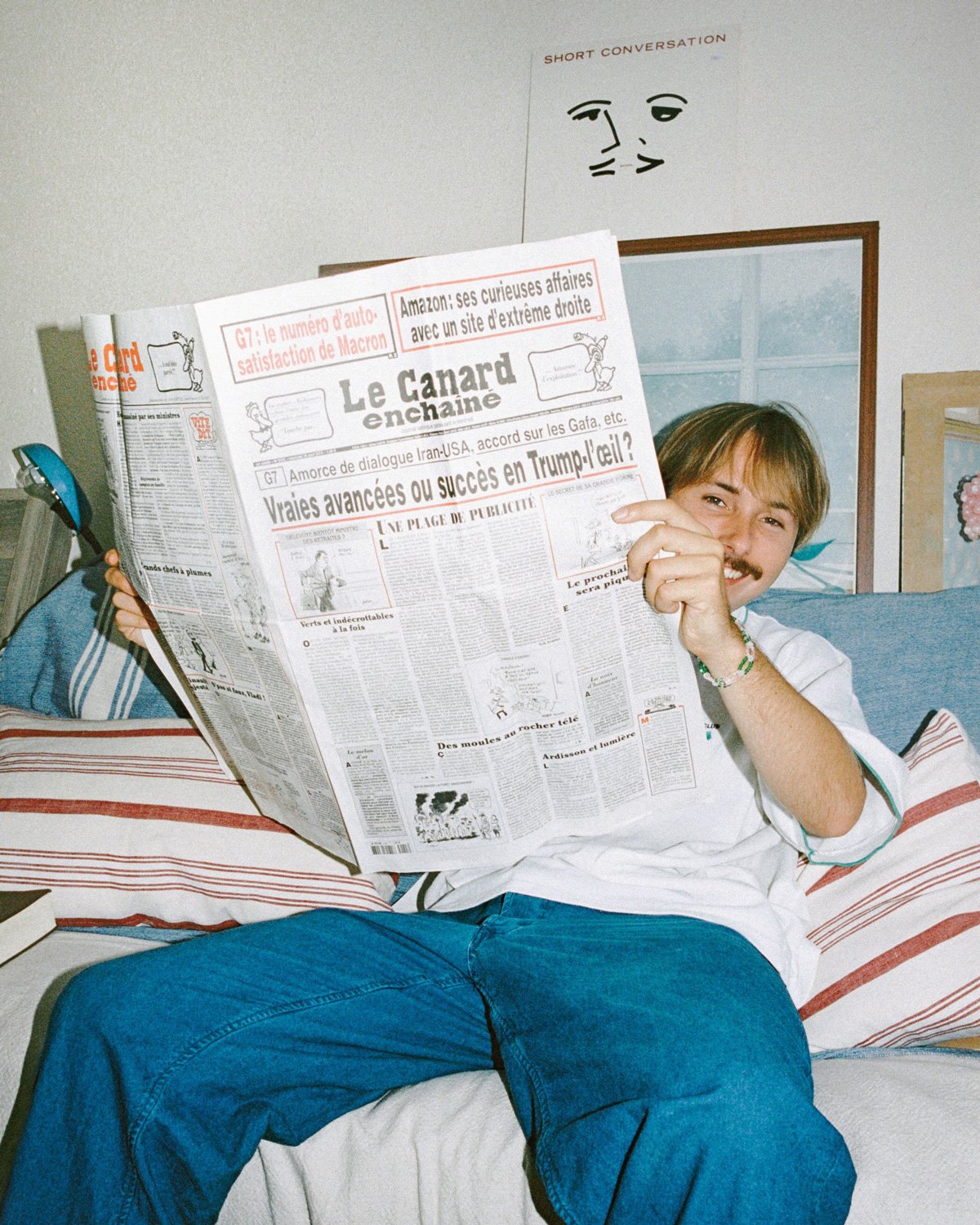

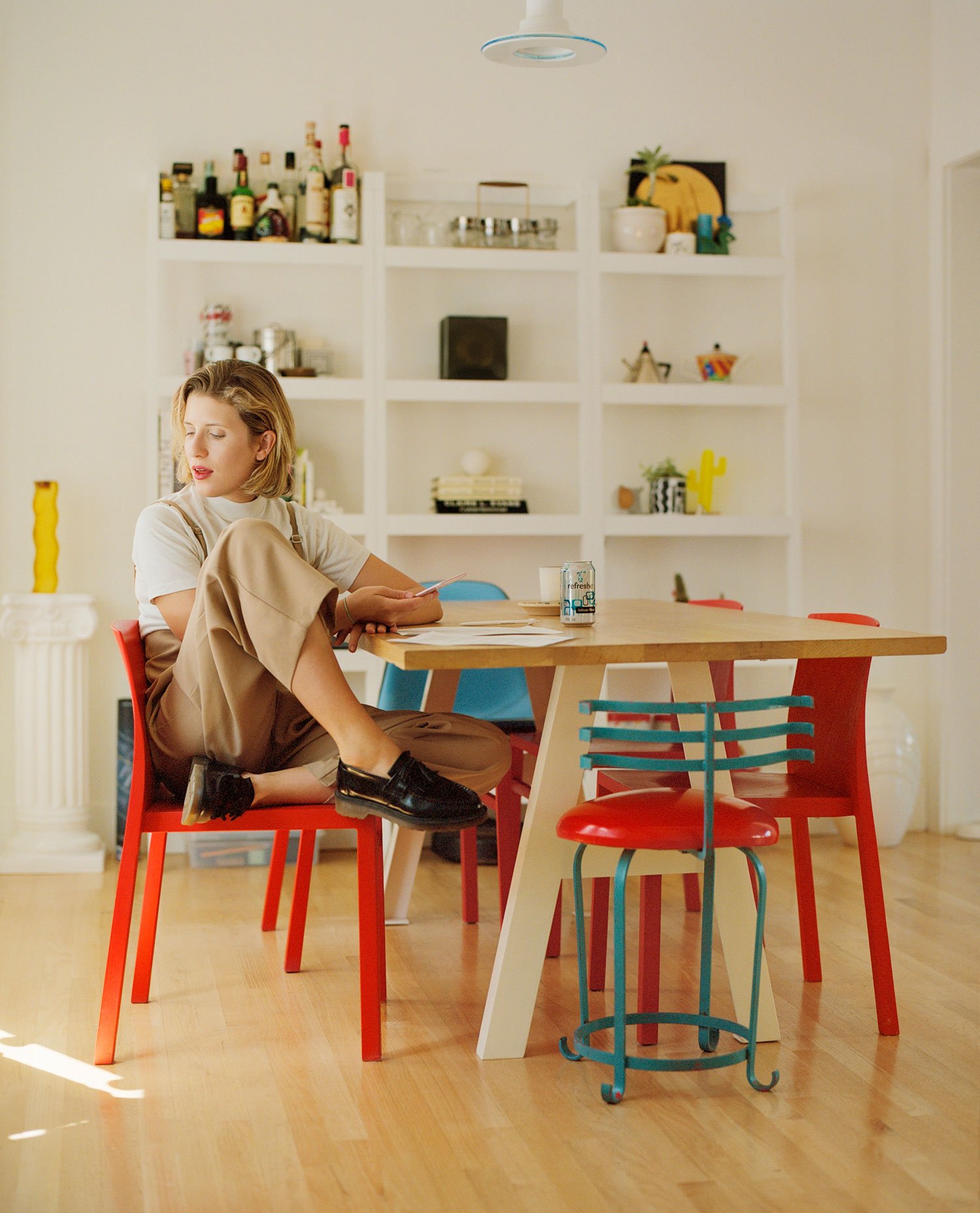
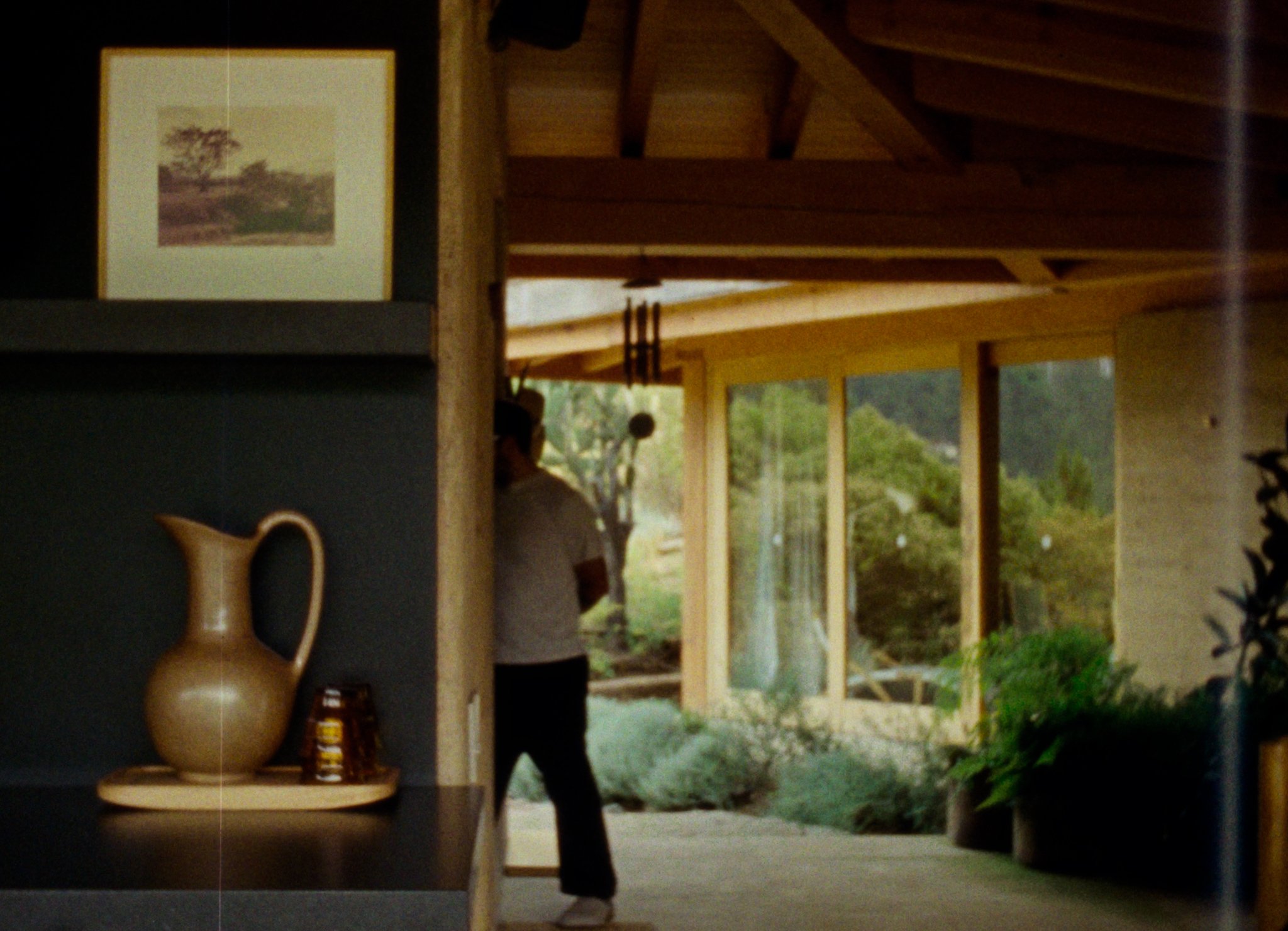
 close
close
